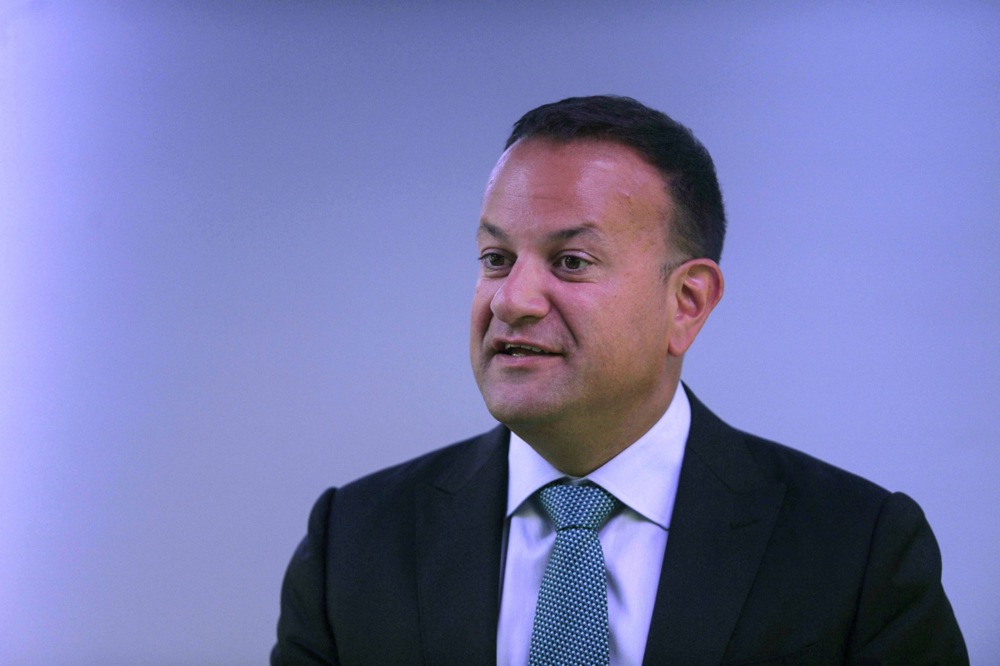Only seven of the European Union’s 27 Member States have budgets that meet the bloc’s financial probity guidelines, according to the European Commission.
The seven nations whose 2024 draft budgets are in line with the European Council’s recommendations include Ireland and Greece – two of the so-called “PIIGS” countries with particularly large government budget deficits during the 2009-14 European debt crisis.
The PIIGS are Portugal, Italy, Ireland, Greece and Spain, which had the weakest economies in the EU during that period.
“Basically, the budgets are assessed [to see] whether they are in line with the Stability and Growth Pact [SGP] requirements,” Alina Kudina-Lundstrom, an economist who has worked at the IMF and lectured at Warwick Business School, told Brussels Signal.
Europe’s three biggest economies fare badly. France is “risking being not in line”, while Germany and Italy both “are not fully in line”.
The scrutiny of national budgets comes at a time when the EU is poised to reinstate deficit and debt rules it suspended in 2020 during the COVID pandemic. These rules limit deficits to 3 per cent of gross domestic product.
If a country does not comply with the SPG budget rules, the EU can trigger a so-called excessive deficit procedure if it judges a Member State is not taking sufficient steps to correct the issue.
Failure to do so means the EU can eventually impose financial penalties.
Spain and Portugal were informed in 2016 they had breached the pact but were spared penalties, as also happened with France and Germany.
There are broad calls within the EU for rewriting the SPG but little consensus about how to do this. France is calling for abolishing automatic, uniform rules, while Germany believes they are vital.
If the rulebook is not amended by the end of 2024, then the pre-COVID rules will again come into effect.
Daragh Clancy, a senior advisor at the Central Bank of Ireland and an economics professor at the University of Limerick, said that for those countries whose budgets fall outside the criteria “at least part of [the reason] is governments are still trying to normalise after large fiscal outlays during the pandemic”.
France’s ratio of government debt to GDP is currently around 110 per cent, while Italy’s is about 140 per cent.
Neill Williams, an economist based in London, said much of the variation in meeting the SGP rules “is surely one consequence of the Euro-area’s still ‘one glove does not fit all hands’ monetary policy”.
With a single currency and a shared interest rate but national differences in competitiveness, “one of the few pressure releases left is fiscal policy”, made easier by the European Central Bank’s QE bond purchases, said Williams.
In this respect, the Euro “will remain a currency in search of a government”, he added.
As well as Ireland and Greece, the other countries which are fully in line with the EU’s budget guidelines are Cyprus, Lithuania, Estonia, Spain, and Slovenia, said the Commission.
That two of the PIIGS members are among the EU assessment’s shining stars is being seen as somewhat ironic in Dublin and Athens.
Ireland’s finance minister Michael McGrath said his country’s 2024 budget “involved €14 billion of new measures” but it is still “just one of seven EU Member States whose budget plans have been found by the [European] Commission to be fully in line with the Council’s recommendations”.
One Greek observer tweeted: “A few years ago, everybody would laugh if you mentioned that Greece will be in line with the EU budget assessment.
“Now Greece is leading the way! Go figure.”
A few years ago, everybody would laugh if you mentioned that Greece will be in line with the EU budget assesment.
Now Greece is leading the way!
Go figure! pic.twitter.com/vpkGAsA7no— Leonidas ToEat ♎☘???? (@AnAthenianToLDN) November 21, 2023





